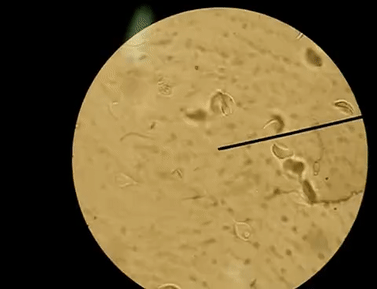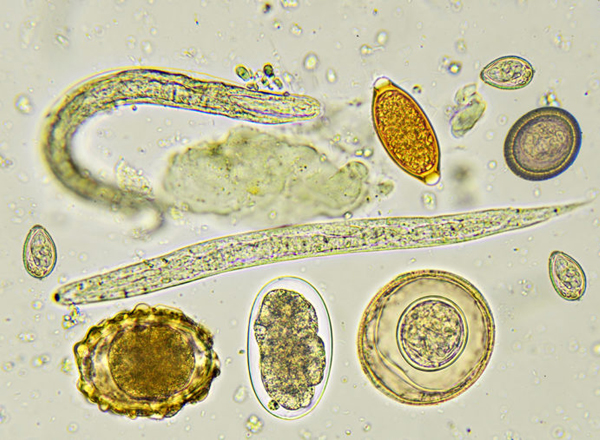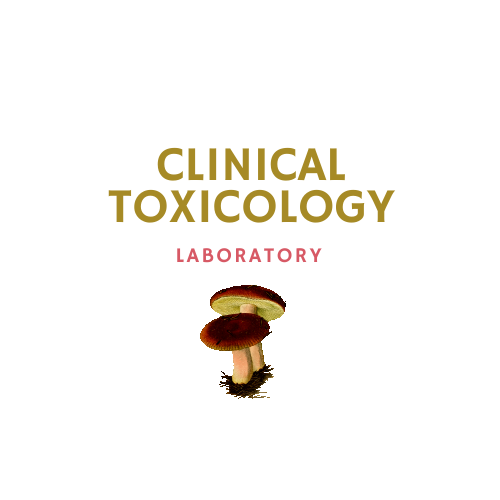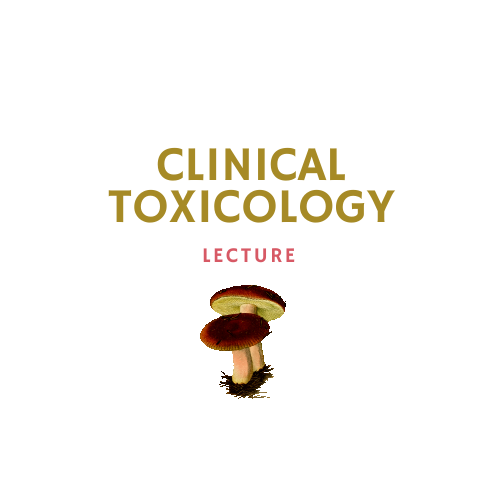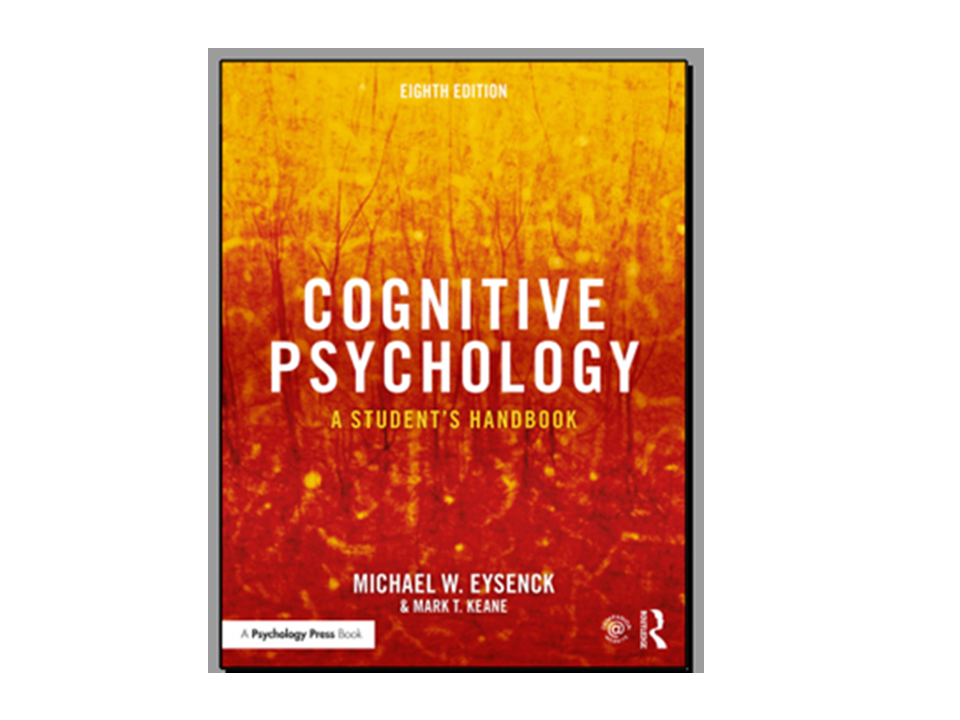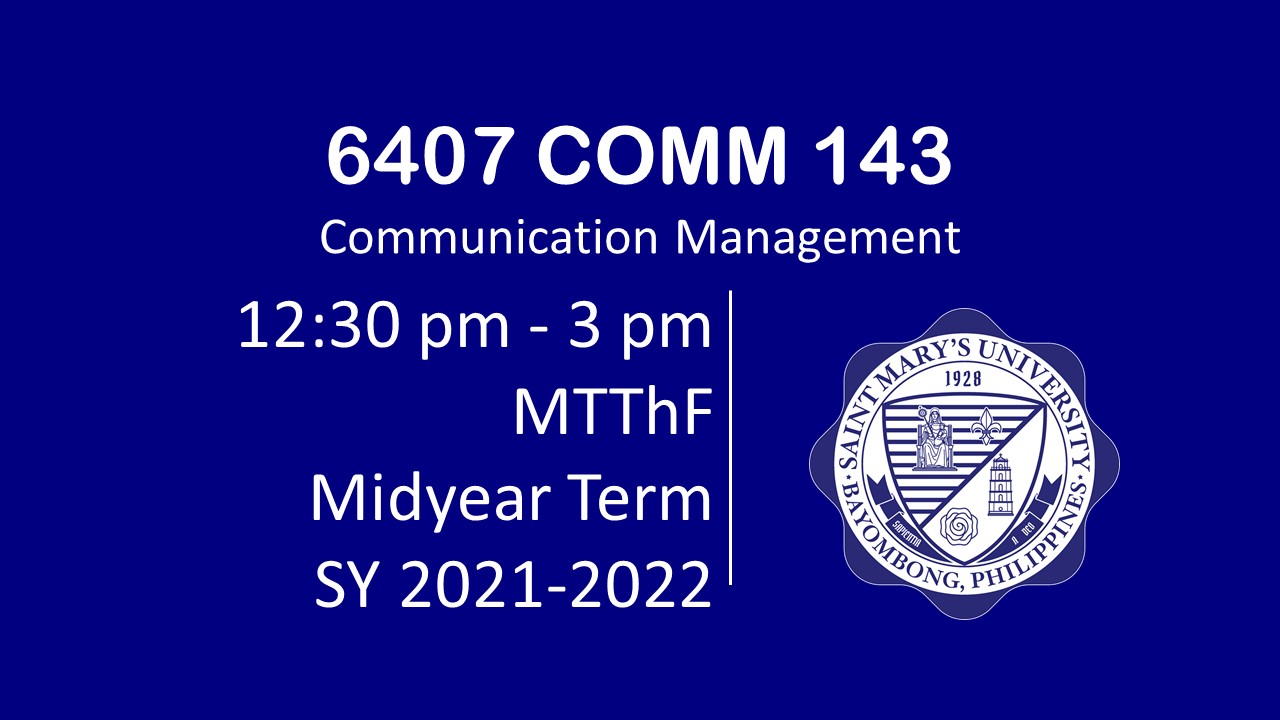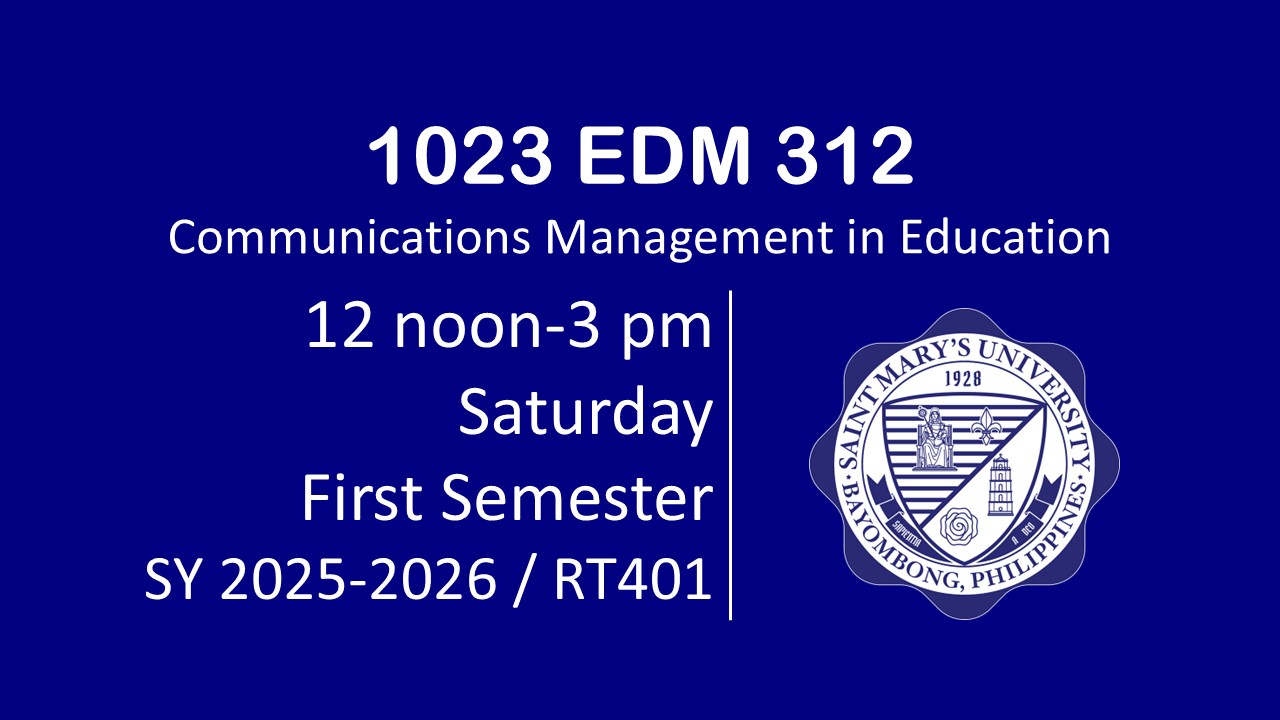Search results: 3380
The Laboratory aims to give students a much closer look at different parasitic organisms. It is intended to provide skills in identifying human parasites efficiently. The topics discussed cover the most common parasites known to infect humans and will also help future professionals become efficient indifferent techniques in specimen collection and processing.
- Teacher: MARIA SHIELA RAMOS
- Enrolled students: 23
- Teacher: BLADEMARY MACARAEG
- Enrolled students: 46
- Teacher: Aubrey Baby Ruth Nidea
- Enrolled students: 29
- Teacher: BLADEMARY MACARAEG
- Enrolled students: 9
The course deals with the study of medically important parasites. The parasites’ relation to the hosts, description, characteristics, transmission to the host, life cycle, epidemiology, and diagnostic identification of each parasite are to be discussed in this course.
- Teacher: CINDY MAY CALIMLIM
- Enrolled students: 39
This course introduces the learner to the concepts of clinical teaching and evaluation. It focuses on systematic development of an evaluation plan which intends to sharpen clinical competence of future health practitioners. This plan encompasses clinical problem-solving experiences, teaching strategies, tools development, data collection, interpretation, and alternative feedback decisions.
- Teacher: JOMAN BALITON
- Enrolled students: 4
- Teacher: ELERY MICHELLE QUIBEN
- Enrolled students: 2
This course introduces students to the fundamentals of clinical toxicology including a study of the general classes of toxic agents, mechanism of toxicity, target organ toxicity, management, and their detection.
- Teacher: MARIA VICTORIA WANCE
- Enrolled students: 32
This course introduces students to the fundamentals of clinical toxicology including a study of the general classes of toxic agents, mechanism of toxicity, target organ toxicity, management, and their detection.
- Teacher: MARIA VICTORIA WANCE
- Enrolled students: 32
This course will cover the basics of human cognition, a field of study that includes sensation, perception, learning and memory. In short, cognition is the study of how we take in information about the world, make sense of it, store it for later use, and then (try to) retrieve it when we think it will come in handy.
It will cover in greater detail some of the topics in the latter part of General Psychology .We will start talking about sensation, how our eyes, ears, nose and mouth have developed to see, hear, smell and taste. We will then trace the path of environmental inputs through perception (making sense of what we see) and learning and memory. Along the way, we will talk about and participate in some experiments so that we can see firsthand how cognitive science has progressed and how computer science has tried to replicate and enhance the cognitive processes and apply it to innovative products and services being used today such as Artificial Intelligence etc.- Teacher: EDWIN EDILBERTO MANIA
- Enrolled students: 39
- Teacher: Alfred Roderick Manzano
- Enrolled students: 3
- Teacher: Krizza Fe Bagni
- Teacher: Alfred Roderick Manzano
- Enrolled students: 25
- Enrolled students: No students enrolled in this course yet
Comm 143 (Communication Management) focuses on the application of management theories, functions, principles, and strategies in communication organizations (including programs and projects). It explores the intricacies of organizational communication and examines the challenges these pose for communication management. It allows students to develop a sound understanding of the principles and practices of responsible and effective communication management.
- Teacher: CLARA GONZALES
- Enrolled students: 2
This course focuses on exploring effective communication strategies for educators and professionals working with students in special education settings. The course will cover theoretical foundations of communication, understanding diverse communication needs, augmentative and alternative communication (AAC) systems, collaboration with families and support teams, and ethical considerations in communication strategies.
- Teacher: LORVIN ADDUCUL
- Enrolled students: 13
- Teacher: JOEL MENDOZA
- Enrolled students: 12
- Teacher: JOEL MENDOZA
- Enrolled students: 12
- Teacher: JOEL MENDOZA
- Enrolled students: 12
EDM 312 (Communications Management in Education) deals with the concepts, principles, theories, and models of management communication (sometimes called corporate communication) and their application in the management of organizations. It starts with a brief overview of the communication process (including communication models) and the context or place of communication in management. The course dwells on various aspects and applications of communication in management. It includes an analysis and critical appraisal of sample management/corporate communication cases, which are discussed from the perspective of theories, concepts, and models. Individual or group research on a management communication problem is a vital class activity.
- Teacher: CLARA GONZALES
- Enrolled students: 4

